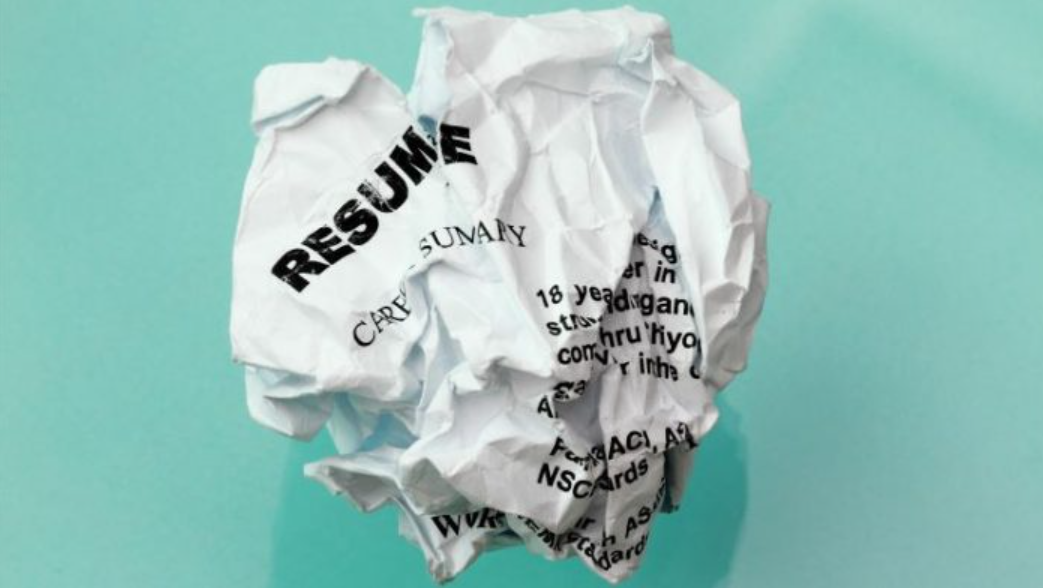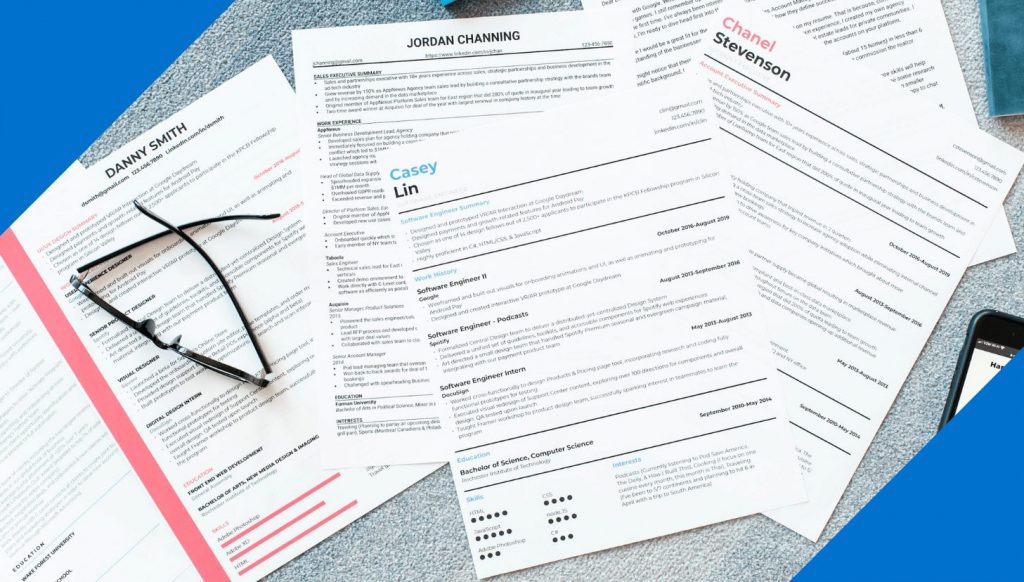
Making the best use of available space is an art that you show on your resume. You can tell the other person about your qualifications in any way. So why need a good resume? Because it also showcases your abilities and working attitude. Your resume is the first thing that the employer will see. If it is a mess how can you expect to get a job?
Apart from qualifications, capabilities and handling the work is also quite important. You cannot just show a degree and get a job. There are a lot of degree holders but not all of them are in the same position. A good resume will give the message that you put the effort into everything you do. If it is not compelling and is a total mess, it will only show that you won’t do any work diligently.
Therefore, you should learn from resume-example.com. They will show you the best examples of a good resume. Furthermore, art is using a style for a specific profession. A CV should be made according to the job category.
You cannot use the same pattern for applying for the position of graphic designer and a desk job. So go to www.resume-example.com and find the templates that fit your profession. And no need to worry, their assistant will guide you through the process.
Table of Contents
A list of things to avoid
1. Providing too much information

Source: projectmanager.com
You are writing a CV, not a research paper. Therefore, the information should be precise. There is a difference between providing too much information and providing the right information. If you have working experience at various jobs, you might think that writing it all down would be a good decision. But it is not.
When applying for a job, only provide relevant information. You should write down your educational qualifications and also your contact information. But not too many details. While writing the working experience, only choose the positions that are similar to the current one.
Employers sometimes, have to go through hundreds of resumes a day and it is a tiring job. So if you provide them with a detailed and 2 to 3 page CV, they might get offended by it.
2. Paragraphs of writing

Source: cultivatedculture.com
You do not want to show a wall of words, right? Do you expect them to read all the writing and find out your strengths? They won’t and they do not have that much time on their hands. Therefore, it is best to keep things minimal in this regard.
In addition to this, you should also organize them in a better way. Organization and writing in points will enhance readability. If you have any certifications apart from your educational degrees, make a separate section with a heading. Afterward, only write down the name of the certificate instead of writing a whole paragraph about it.
3. The use of keywords

Source: timesnext.com
If you are providing your CV in soft form, it is likely that your employer is using an automated system. Therefore, they won’t go through everything on what you provide. Instead, the automated program will use some keywords to shortlist the candidates.
In such cases, you should always use similar words as that of the employer. See the job posting and advertisement and use the exact same words on your resume. For example, you are applying for the position of an accountant, if they have used the term accountancy, use it. Likewise, if they have used the term looking for an accountant, with this and this qualification, use those words.
In addition to this, you should not use images and charts on such resumes. The automated system won’t pick it up. It will only work on the text, not images.
4. Making spelling and grammatical mistakes
Another mistake that does not seem like a big issue but shows your diligence. You might not be applying for the same type of job. Therefore, with every different job category, you will provide a different CV. This increases the chances of typing mistakes and errors. And because you are doing it all for some time, you will feel tired and won’t notice the mistake.
Therefore, after completing your CV, you should go through any possible grammatical errors and typos. You can either use word or Grammarly, as they will show you any possible readability problem. Or you can ask your friends or family members to go through it once. Proofreading will be of great help to you.
5. Making false qualifications

Source: capelabour.co.za
You should not write down qualifications and experiences that you do not have. Dishonest statements will be of great harm to you. If you think that making things up will help you out, you are wrong. Not all employers look for an embellishing history. If you have the right qualifications, you might get the job.
However, if you write the experience of one or two years while you only worked somewhere for 3 months, it’s wrong. The employer will expect much more from a worker with 2 years of experience. You might get the job but when they see through your work, it will put a bad impression. They will get the impression that if you are working like this after 2 years’ experience, it means that you are incapable of doing the job.
On the other hand, writing honestly will save you from all this trouble. You will be able to ask for guidance from your seniors and colleagues. They will help you out considering your less experience.
6. Negative comments about anyone

Source: studyinternational.com
You should give a positive message through your resume. If you are slandering others in documents, it will put you in a difficult position. Your previous employer might not be good but you do not have the right to bad-mouth him in front of your current employer. Things will get complicated. He will not be able to trust you completely.








